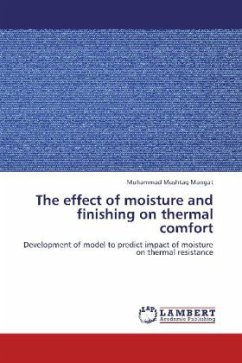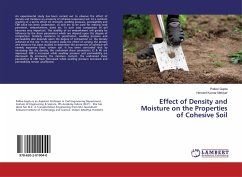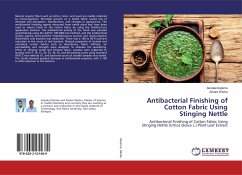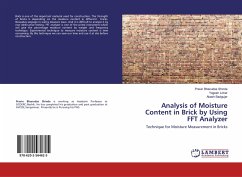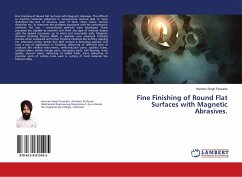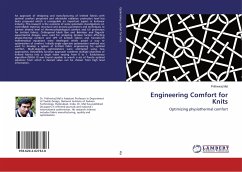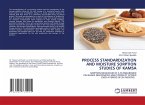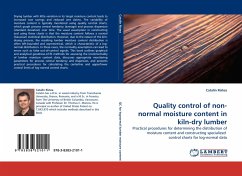First objective of this study was to develop a model for the prediction of thermal resistance of fabric made by using different types of fibres under wet conditions. Second target was to manufacture denim able to provide better thermal and sensorial comfort under wet conditions. For this purpose, 180 denim samples were produced and more than 3000 different tests were carried on ALAMBETA, PERMETEST, KES 4, Moisture Management Tester, UNIEG for bending force, ATLAS for Air Permeability Tester and DATA COLOR. Results show that thermal resistance prediction model has a substantial agreement with actual values. Considering the outcome of the study, we can suggest this model for the use of thermal resistance prediction under dynamic wet conditions of fabric made by using different yarns. Moreover, denim made by using spun polypropylene as weft yarn provides better thermal and sensorial comfort to wearers under dynamic wet conditions.
Bitte wählen Sie Ihr Anliegen aus.
Rechnungen
Retourenschein anfordern
Bestellstatus
Storno

